A music venue in Glasgow, Scotland, is harvesting the body heat from party-goers and storing it in rocks underground to heat or cool other rooms at a later date.

It is estimated that each dancing person can generate roughly 500 watts of power, and has allowed the venue to stop using its gas boiler, lower its emissions and save money.
So what?
This innovation offers a new form of renewable energy, and helps to tackle the rising cost of living.
It appears that people could be one of the answers to the energy crisis, and offer a solution to a problem that we’ve all most definitely contributed to. There is great potential for this technology and could even be used in other areas of high density e.g. shopping malls or even train stations.
Could body heat become a mainstream source of energy?



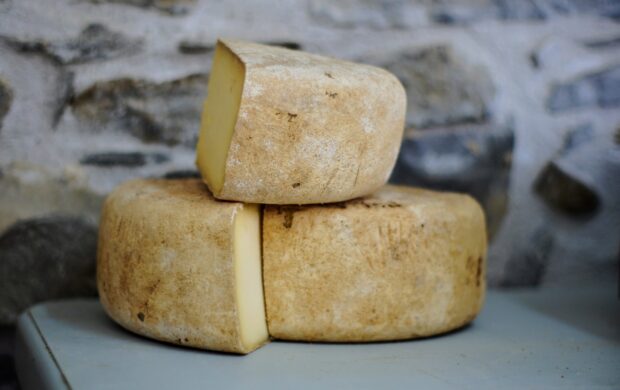

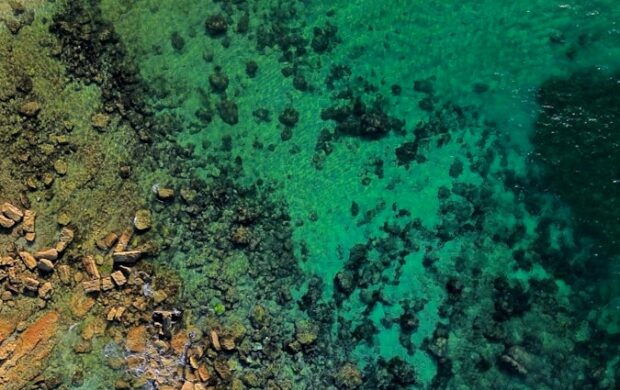
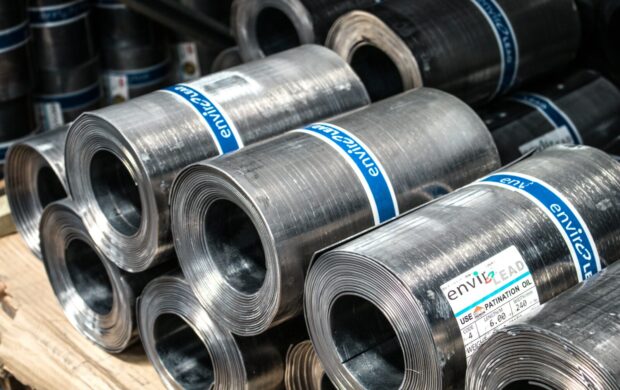
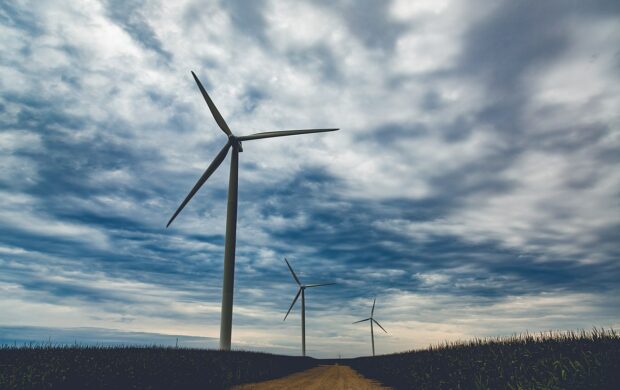

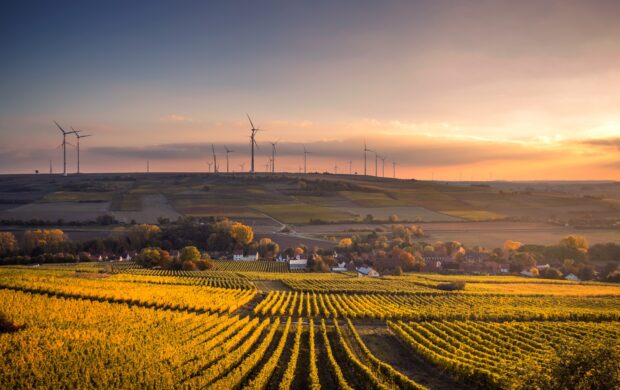
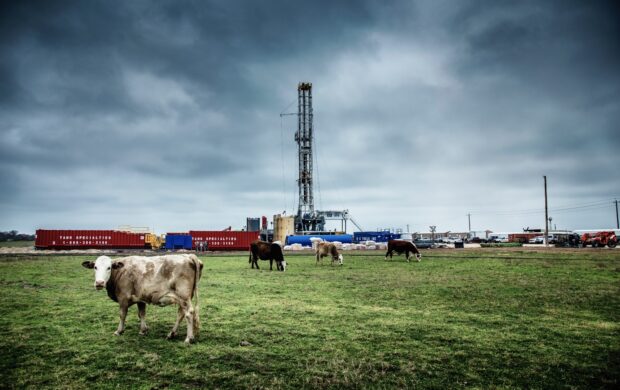





Join discussion